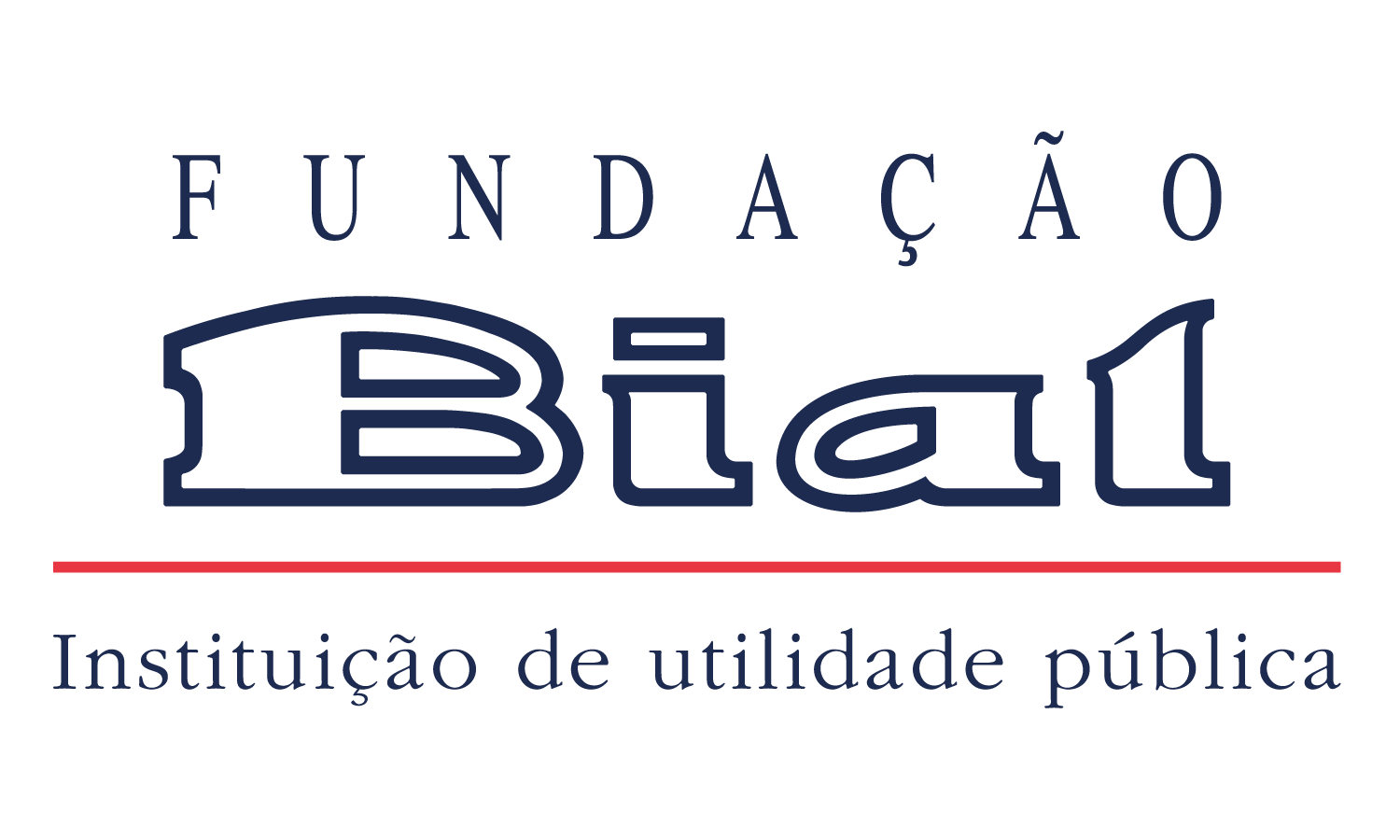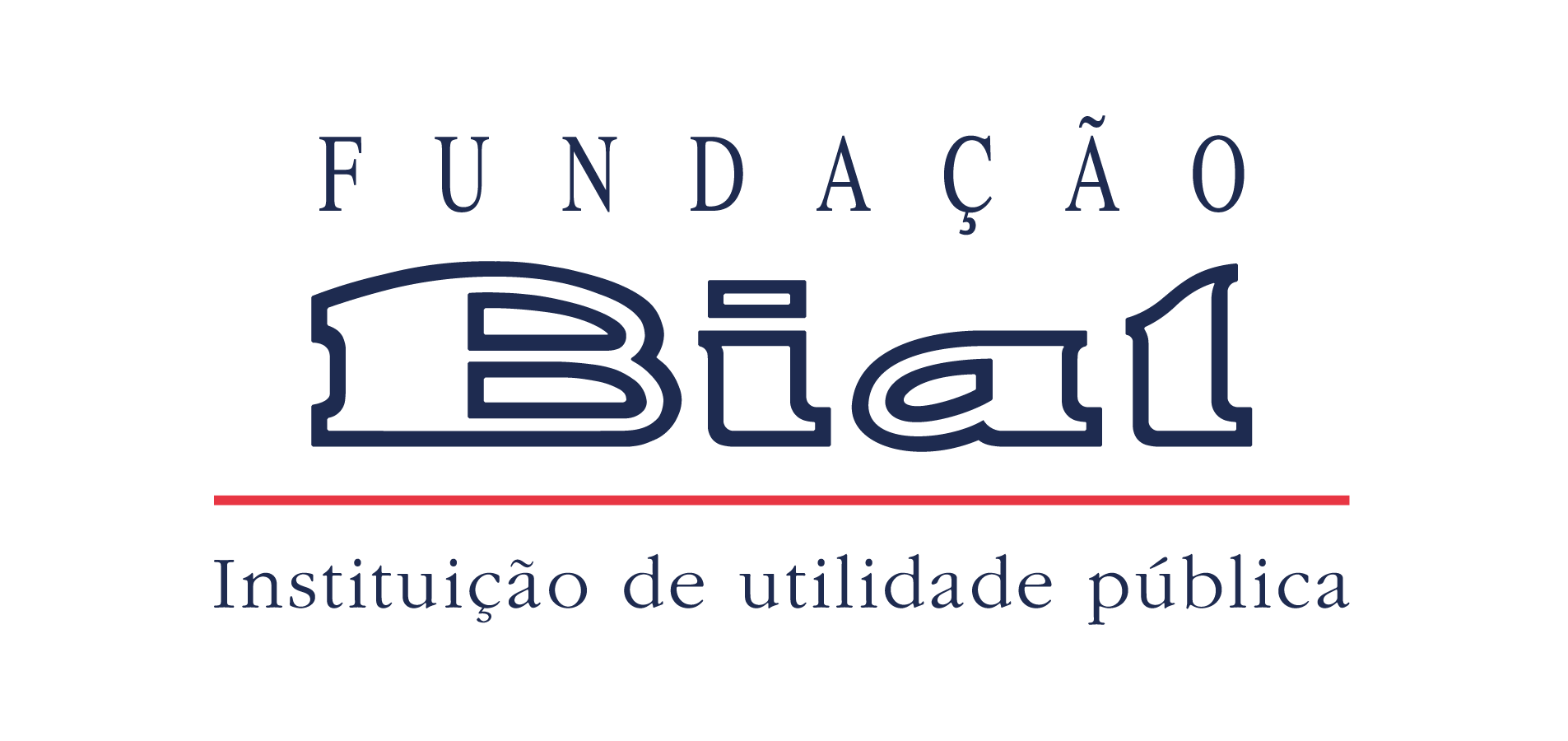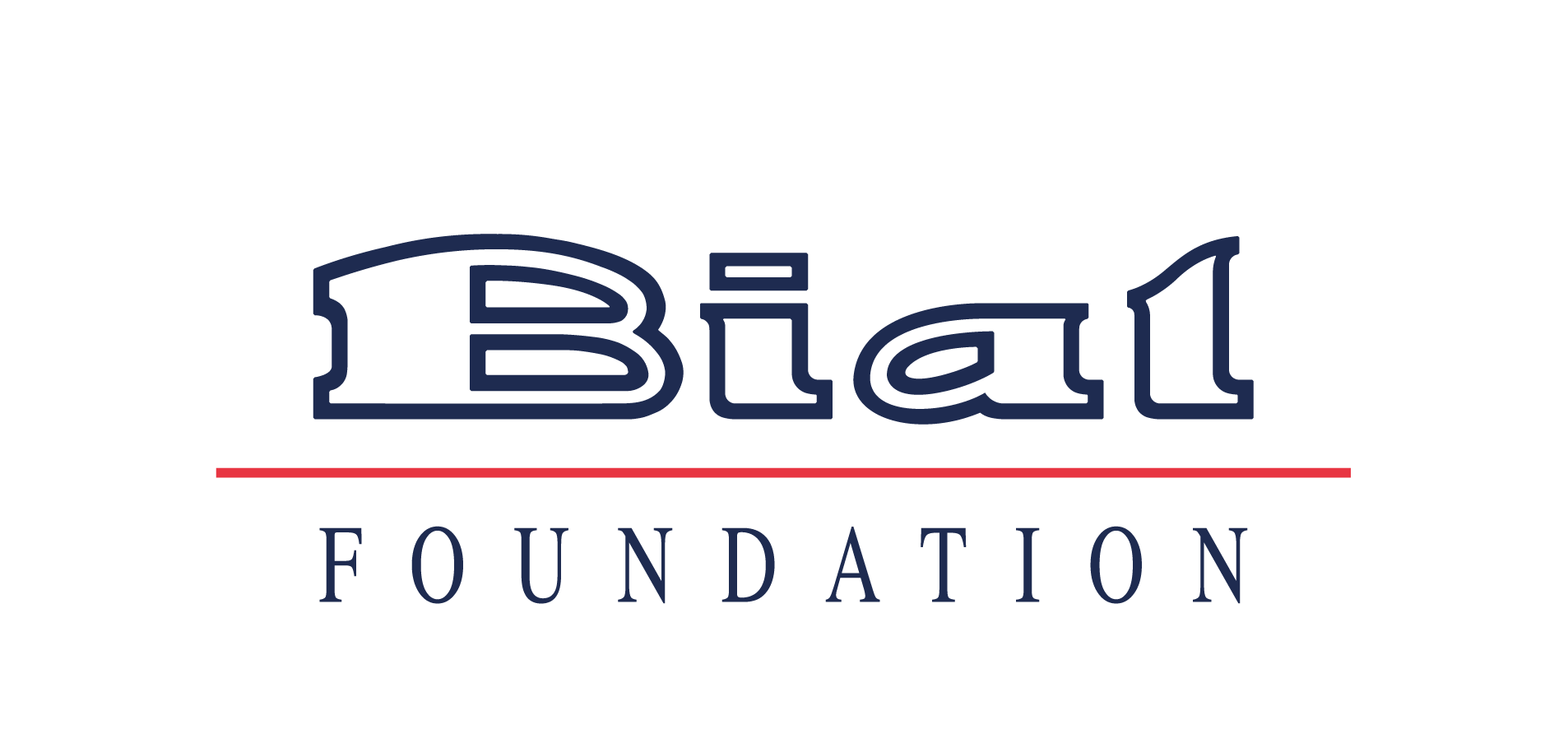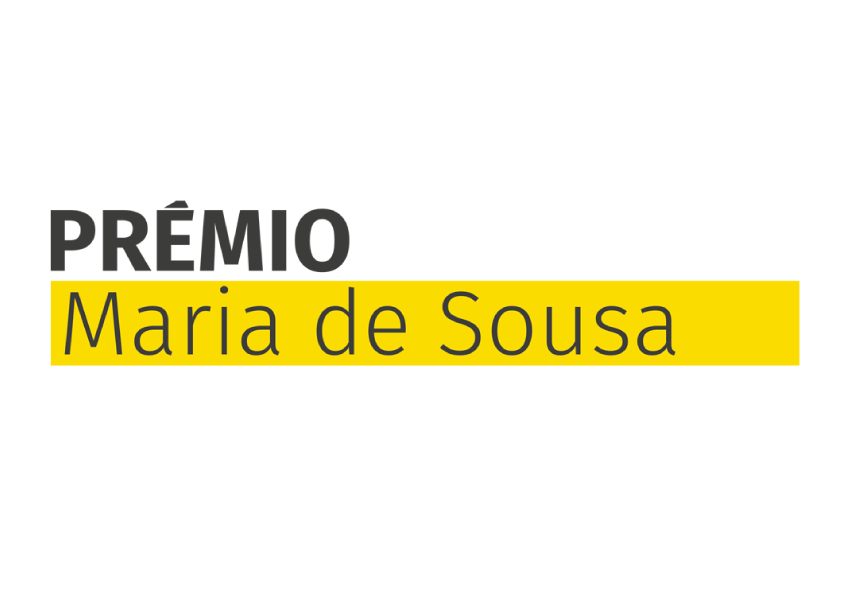Notícias
- Science Stories
- Destaques
- Looking for collaboration
- Links úteis
- Logos
Science Stories
É a concretização da nossa missão. Desde a sua criação a Fundação BIAL já aprovou para financiamento 946 projetos, envolvendo cerca de 1900 investigadores de 31 países. São três décadas de apoios a Projetos de Investigação Científica orientados para o estudo neurofisiológico e mental do ser humano, nas áreas da Psicofisiologia e da Parapsicologia.Conheça as histórias por detrás da ciência.
Science Stories

Empatia em casais
Compreender o funcionamento adaptado dos casais é algo crucial dadas as consequências nefastas da violência conjugal.

Vai escolher o de sempre ou arriscar?
Escolhemos sempre o mesmo caminho de regresso a casa, mas um dia decidimos arriscar um percurso alternativo. O que nos leva a tomar esta decisão?

Sonhar enquanto se dorme e “sonhar acordado”: diferenças e semelhanças
Sabia que os sonhos “diurnos” refletem acontecimentos dos dois dias anteriores, enquanto os sonhos “noturnos” se assemelham a um enredo de ficção?

O seu cão tem competências sociais?
Estudo revela que a visualização do rosto do dono funciona como reforço social positivo para os cães. Conheça resultados intrigantes sobre o “melhor amigo do homem”.
News

Será que a meditação mindfulness beneficia a memória?
Aviva Berkovich-Ohana, apoiado pela Fundação BIAL no âmbito do projeto 191/20 – Understanding the brain mechanisms of death-denial for fostering mindfulness-based existential resilience, concluiu que a prática de meditação mindfulness é benéfica para o desempenho da memória declarativa. O artigo que detalha estes resultados “Enhanced declarative memory in long-term mindfulkness practitioners” foi publicado na revista científica Psychological Research.
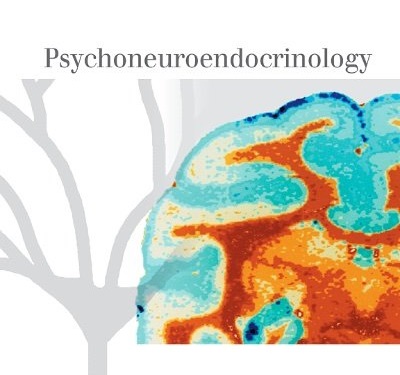
Podem os problemas comportamentais escolares ser previstos pelos níveis de oxitocina?
No âmbito do projeto 158/12 – Neuroendocrine underpinnings of social bonds to parents and peers in preschool children. Oxytocin and cortisol on adopted children and non-adopted controls, Nuno Torres e colaboradores publicaram na revista Psychoneuroendocrinology, o artigo Salivary oxytocin after play with parents predicts behavioural problems in preschool children.

O que lemos tem algum impacto neurofisiológico?
Alessio Avenanti, apoiado pela Fundação BIAL no âmbito do projeto 347/18 – Driving synaptic plasticity in motor-to-visual neural pathways to enhance action prediction, demonstra que a leitura de frases envolvendo ação na forma negativa (ex.: não apreciarás um livro) provoca uma diminuição da excitabilidade motora quando comparado com a leitura de frases na forma positiva (ex: apreciarás um livro). O artigo que detalha estes resultados The neural inhibition network is causally involved in the disembodiment effect of linguistic negation foi publicado na revista científica Cortex.
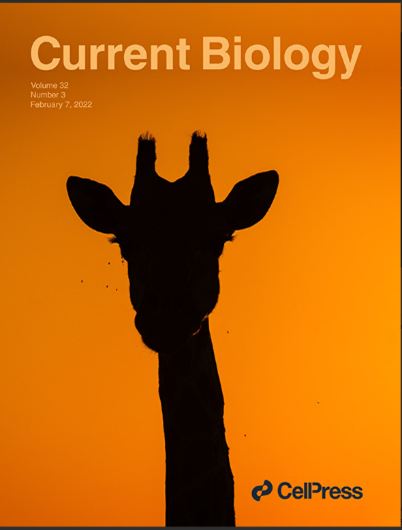
Poderá a perceção visual consciente ser influenciada?
No âmbito do projeto 204/18 – Boosting WM capacity by strengthening the oscillatory functional fronto-parietal pathway, Vincenzo Romei e colaboradores publicaram na revista Current Biology o artigo Tuning alpha rhythms to shape conscious visual perception com os seguintes destaques:
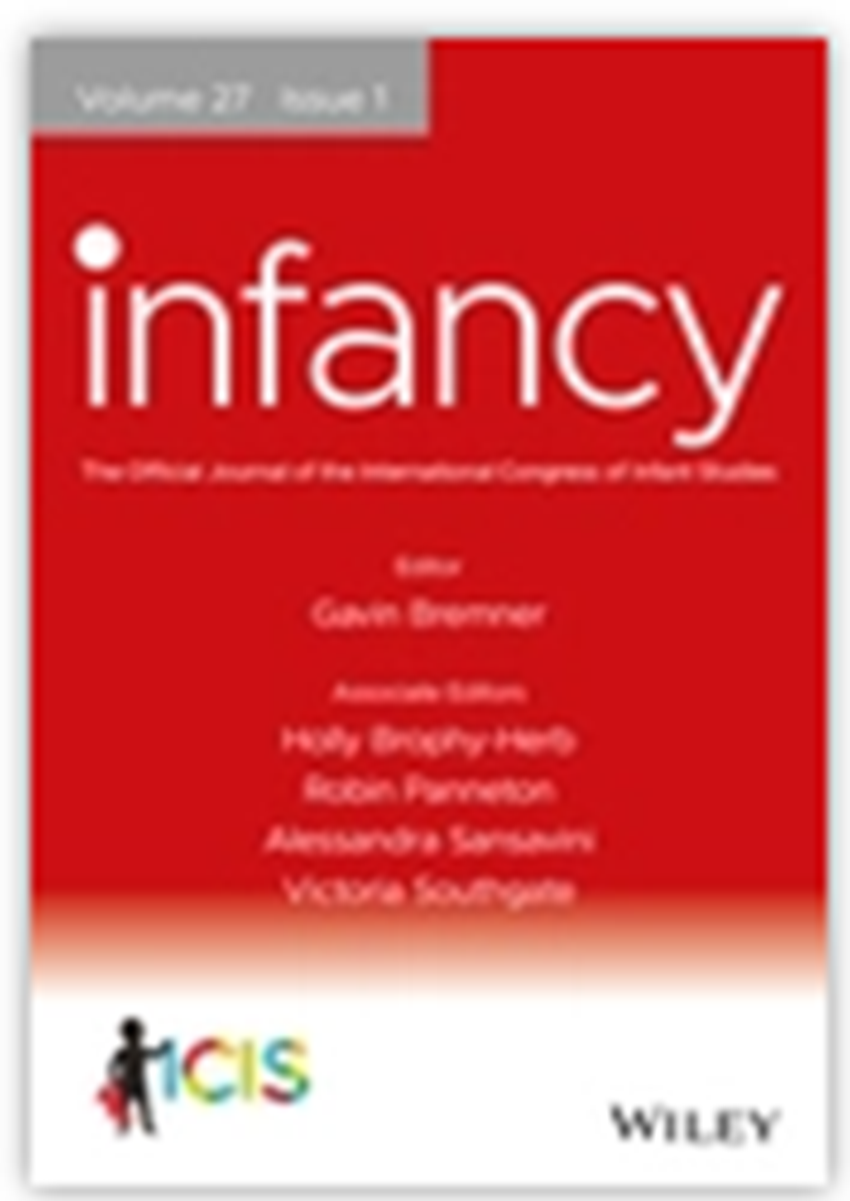
O processamento auditivo no primeiro mês de idade prediz o desenvolvimento da linguagem aos 12 meses
Adriana Sampaio, apoiada pela Fundação BIAL no âmbito do projeto 42/08 – Marcadores fisiológicos de processamento sensorial do recém-nascido, conclui que em crianças de 1 mês de idade já é possível observar os componentes P2 e N2 para estímulos auditivos. Estes resultados são consistentes com a perspetiva que demonstra a associação entre o processamento auditivo e resultados desenvolvimentais. O artigo que detalha estes resultados Cortical auditory evoked potentials in 1-month-old infants predict language outcomes at 12 months foi publicado na revista científica Infancy.
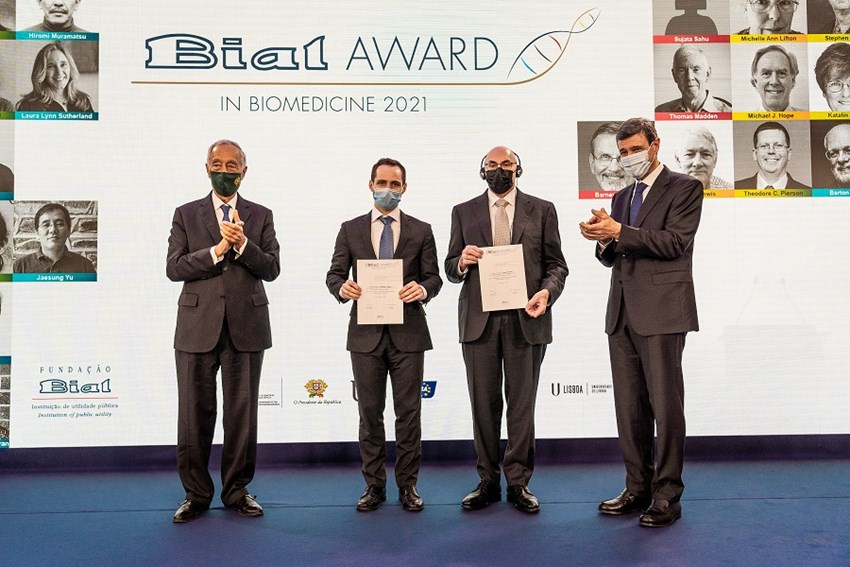
BIAL Award in Biomedicine 2021 premeia investigação que está na base de duas das vacinas contra a covid-19
Uma equipa liderada pelo cientista norte-americano Drew Weissman venceu a segunda edição do BIAL Award in Biomedicine com um trabalho focado na tecnologia de mRNA, que é agora usada nas vacinas da Pfizer-BioNTech e da Moderna para prevenir a covid-19.
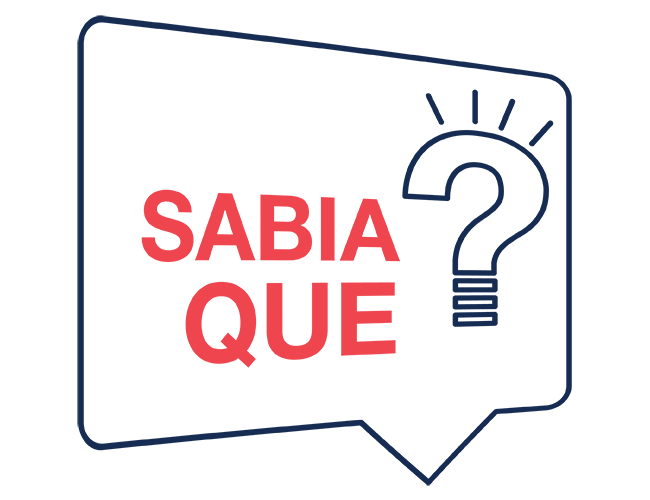
A Fundação BIAL já apoiou 215 Investigadoras Principais
Sabia que a Fundação BIAL já apoiou 215 mulheres como Investigadoras Principais, no âmbito dos Apoios à Investigação Científica?
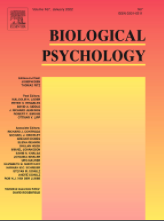
Impacto da valência emocional e novidade de um estímulo
No âmbito do projeto 287/20 - Emotional Distraction: contextual modulation of attentional capture, financiado pela Fundação BIAL, Maurizio Codispoti e colaboradores publicaram na revista Biological Psychology o artigo Stimulus novelty and emotionality interact in the processing of visual distractors com os seguintes destaques:
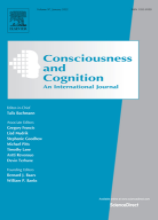
Existe continuidade da consciência entre o sonho e a vigília?
Benjamin Baird, apoiado pela Fundação BIAL no âmbito do projeto 334/18 - Inducing lucid dreams with optimized sensory cues, concluiu que os pensamentos episódicos, relacionados com o passado e o futuro, raramente ocorrem no sono fase N2 ou REM, apesar serem comuns durante o pensamento espontâneo no estado de vigília. O artigo que detalha estes resultados “Episodic thought distinguishes spontaneous cognition in waking from REM and NREM sleep” foi publicado na revista científica Consciousness and Cognition.
Looking for collaboration

The quest of physiological markers for the experience of pain
Researcher: Elia Valentini - Department of Psychology & Centre for Brain Science, University of Essex Summary: The aim of this project is to improve measurement of the human experience of pain by investigating a combination of psychophysical and physiological responses during mild noxious stimulation. More specifically, we want to investigate how sensitive and specific to pain the brain oscillatory responses are. We use EEG as the main technique, but we are keen to collaborate with neuroscientists using fMRI, autonomic measures and brain stimulation as well as with computational neuroscientists. A clinical collaborator would also be very much welcome.

EEG investigation of hypnosis and decision-making
Researcher: Rinaldo Livio Perri - University Niccolò Cusano Rome, Italy Summary: I work in the field of hypnosis and cognitive neuroscience. In particular, I adopt the event-related potentials (ERPs) to investigate the effect of the hypnotic suggestions on sensory processing and cognitive performance. I am an expert in decision-making and proactive brain processes before the stimulus administration (e.g., the perceptual, prefrontal and premotor readiness during the expectancy stage). I could help colleagues to properly analyze the ERP signal in the pre-stimulus stage of processing. Also, I would be happy to share my EEG data for re-analyzing them in the frequency domain (e.g., wavelet or coherence analysis in the hypnosis research). Feel free to contact me for any question! More information on my papers: https://scholar.google.it/citations?user=-8e_V64AAAAJ&hl=it Possible collaborations: neuroscientist with experience in the EEG frequency analysis Email: perri.rinaldo@gmail.com

Transparent Psi Project - looking for collaborators
Summary: We are running a fully transparent, expert consensus-base multilab replication of Bem’s (2011) experiment 1. The project features state of the art methods to maximize transparency and study integrity. The study involves a computerized experiment taking about 20 minutes per session. Group testing is possible in a computer lab, no specialized equipment needed. Labs are expected to recruit at least 100 participants. Participants will be exposed to images with explicit erotic/sexual content in the experiment. No financial compensation is required for the participants. Data collection is expected to take place in the 2020 fall semester. Every material is provided for ethics/IRB submissions and data collection in English (translation of materials might be necessary by the collaborators). The study is pre-registered and the manuscript is accepted in principle for publication in the journal Royal Society Open Science. All collaborators who meet the minimum sample size criterion will get authorship on this paper reporting the results of the replication study. More information in the preprint: https://psyarxiv.com/uwk7y/ Indicate interest in the collaboration via the following form: https://tinyurl.com/tpp-labs With any question contact the lead investigator: Dr. Zoltan Kekecs, kekecs.zoltan@gmail.com

Cognitive control and learning
Researcher: Ignacio Obeso, Ph.D. / CINAC - HM Puerta del Sur Summary: The aim of our projects is to understand the behavioral and neural mechanisms used to learn how humans establish adaptive behaviour in changing contexts. More specifically, we want to decipher how stopping abilities are initially learned and later executed under automatic control. We use task-related fMRI, brain stimulation and clinical models to test our predictions in laboratory settings as well as online home-based paradigms. Possible collaborations: computational scientist Email contact: i.obesomartin@gmail.com https://iobesomartin.wixsite.com/cognitivecontrol
Veja aqui links de Fundações, Organizações, Sociedades e outros que lhe podem interessar.
- BrainFacts.org
- Cognitive Neuroscience Society
- Dana Foundation
- European Brain Council
- European Society for Cognitive and Affective Neuroscience (ESCAN)
- Federation of European Neuroscience Societies (FENS)
- Human Brain Project
- IANDS International Association for Near-Death Studies
- Institut Métapsychique International (IMI)
- Instituto de Psicologia Paranormal
- International Behavioral Neuroscience Society (IBNS)
- International Brain Research Organization
- IONS Institute of Noetic Sciences
- Kavli Foundation
- Koestler Parapsychology Unit
- Open Sciences
- Organization for Human Brain Mapping (OHBM)
- Parapsychological Association
- Psi Encyclopedia
- Rhine Research Center
- Sociedade Portuguesa de Neurociências
- Sociedade Portuguesa de Neurologia
- Society for Neuroscience
- Society for Psychical Research
- Society for Scientific Exploration (SSE)
- World Federation of Neurology

